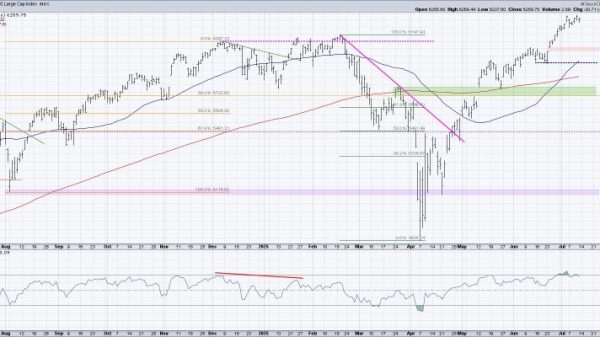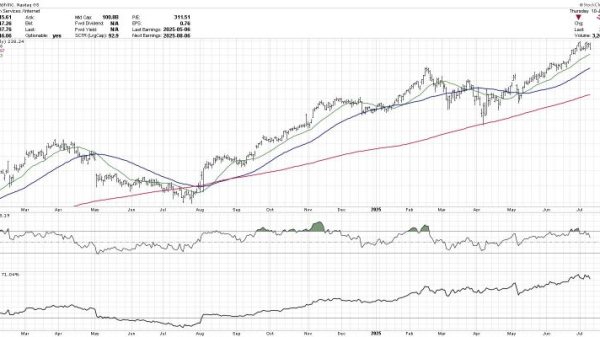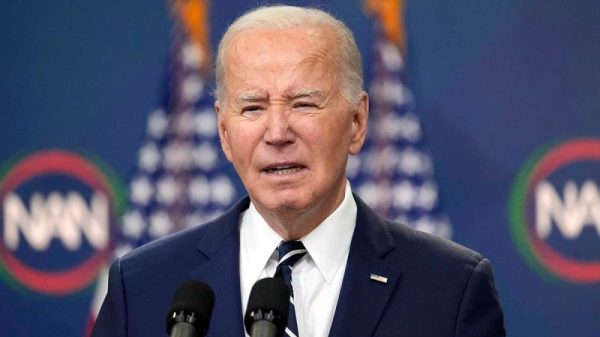The Democratic Party, once a stronghold of popular support among the working class and progressive voter base, has found itself in the midst of self-destruction as a result of its contentious relationship with populism. The party’s efforts to distance itself from elements of populism, while simultaneously seeking to maintain support from a diverse voter base, have led to a fractured party structure and a loss of key electoral support.
Historically, populism has played a significant role in American politics, often serving as a powerful force for change and progress. Populist movements have arisen in response to economic inequality, social injustices, and political corruption, resonating with a wide range of voters who feel marginalized by the existing power structures.
However, the Democratic Party’s response to populism has been marked by ambivalence and inconsistency. On one hand, the party has sought to embrace certain elements of populism, such as calls for economic fairness and social equality, in order to attract progressive voters and mobilize support for key policy initiatives. Yet, on the other hand, the party has also distanced itself from more radical forms of populism, fearing that they may alienate moderate and centrist voters.
This ambivalence has created a sense of distrust and disillusionment among many voters who feel that the Democratic Party is no longer aligned with their values and interests. The party’s willingness to compromise on key issues, such as healthcare reform and economic justice, in order to appease moderate voices has left many progressive voters feeling abandoned and without a clear political home.
Furthermore, the Democratic Party’s failure to effectively address the underlying causes of populism, such as economic inequality and social injustice, has allowed populist movements to gain traction and mobilize support among disaffected voters. By failing to offer a compelling alternative to the populist narrative, the party has inadvertently contributed to its own decline and fragmentation.
In order to address these challenges and rebuild its electoral support, the Democratic Party must confront its ambivalence towards populism and reaffirm its commitment to progressive values and policies. This will require the party to engage with a diverse range of voices and perspectives, including those of grassroots activists, community organizers, and progressive leaders, in order to develop a coherent and inclusive agenda that speaks to the needs and aspirations of a wide range of voters.
Ultimately, the Democratic Party’s future success will depend on its ability to embrace populism as a force for positive change and mobilize support among a broad coalition of progressive voters. By reconnecting with its populist roots and offering a compelling vision for a more just and equitable society, the party can overcome its current challenges and reassert its position as a leading political force in American politics.


































